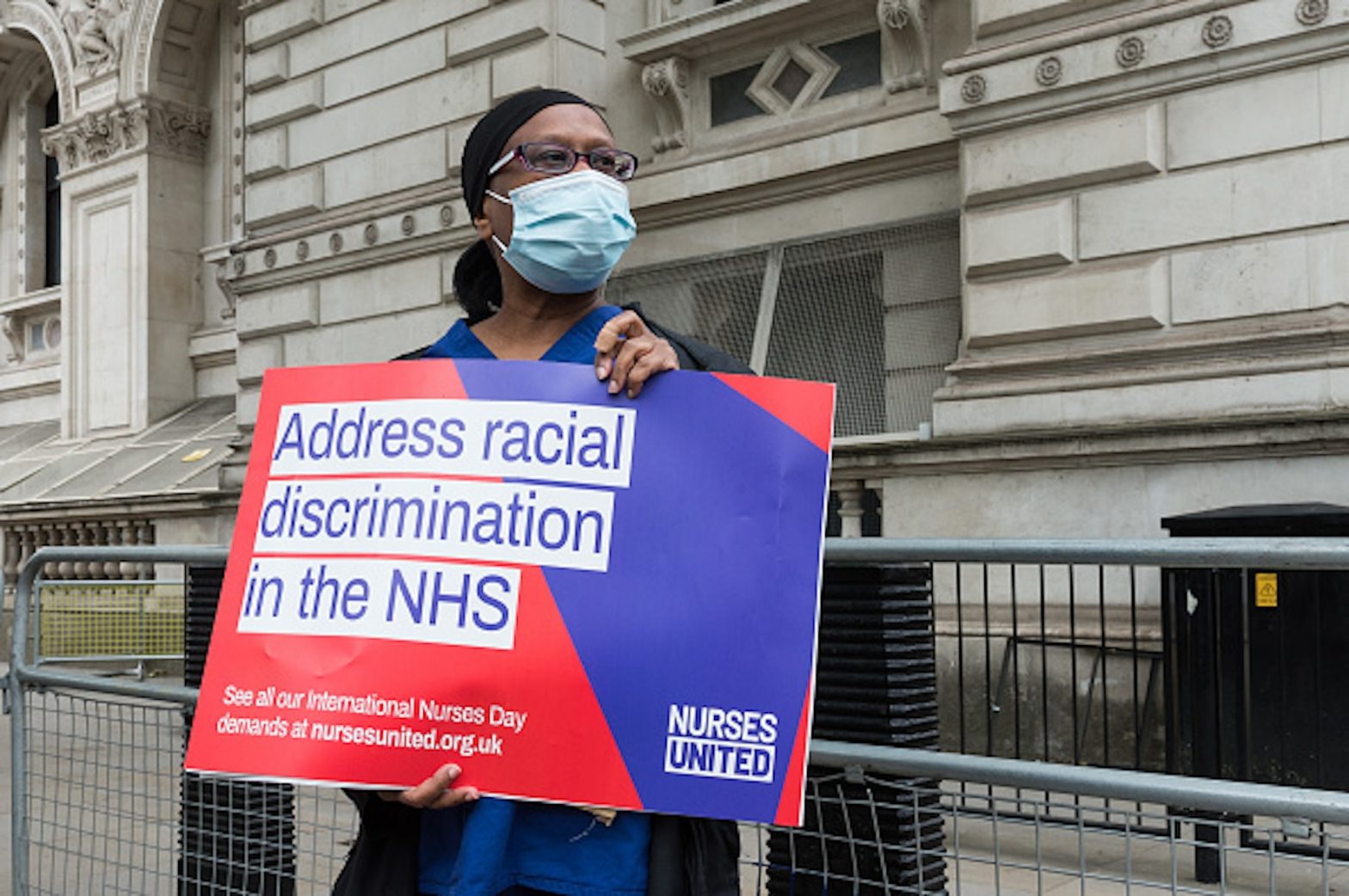
THE LATEST statistics from the NHS’s Workforce Race Equality Standard (WRES) indicates that employees from ethnic minorities are 1.14 times more likely than their white counterparts to enter a formal disciplinary process; in half of trusts, this likelihood is 1.25 times higher.
Even though the gap has shrunk since 2015 (1.56), it is still a serious worry for the NHS trusts leaders.
This gap refers to the significantly higher likelihood of ethnic minority staff being reported, and these reports being acted on, by professional disciplinary procedures.
In order to address the racism in formal disciplinary procedures, NHS Providers has launched a guide yesterday (25) titled ‘Closing The Gap: a guide to addressing racial discrimination in disciplinaries’.
The document will serve as a “comprehensive guide” for trust leadership to identify and address the “discriminatory disciplinary gap” in the health care workforce, according to NHS Providers.
Closing The Gap was created in conjunction with the healthcare law firm Hempsons.
The new guide, explains the reasons behind why ethnic minority staff more likely to enter a formal disciplinary process than white colleagues, which are bullying, systemic or structural issues that disadvantage this staff group, unconscious and conscious bias, a lack of cultural sensitivity and awareness among leaders, and other disparities in the interactions between employees and human resources (HR).
It also outlines the negative effects, including the possibility of losing skilled employees, the toll it will have on wellness, the harm it will do to the NHS’s reputation, and the financial and legal ramifications. It also provides instances of potential solutions.
NHS providers chief executive Sir Julian Hartley, in a foreword to the guide, said: “People are the backbone of the NHS, and trust leaders know that caring for their workforce enables them to care for others.
“As NHS staff continue to tackle the extraordinary pressures they are facing and look to keep the service fit for the future, it is clear that a focus on wellbeing and experience at work will be key.
“With the right investment and focus, trusts will be able to ensure the NHS continues to be a great place to work.”
In order to prevent issues from ever coming to the point where formal disciplinary procedures were necessary, specific interventions included in the guide, which are;
According to the WRES data, 24.2 per cent of the NHS workforce belongs to an ethnic minority.
In April 2015, the NHS Equality and Diversity Council (EDC) launched the WRES, which was required under the standard operating contract for all NHS trusts and foundation trusts.
Read the ‘Closing The Gap: a guide to addressing racial discrimination in disciplinaries’ guide here.